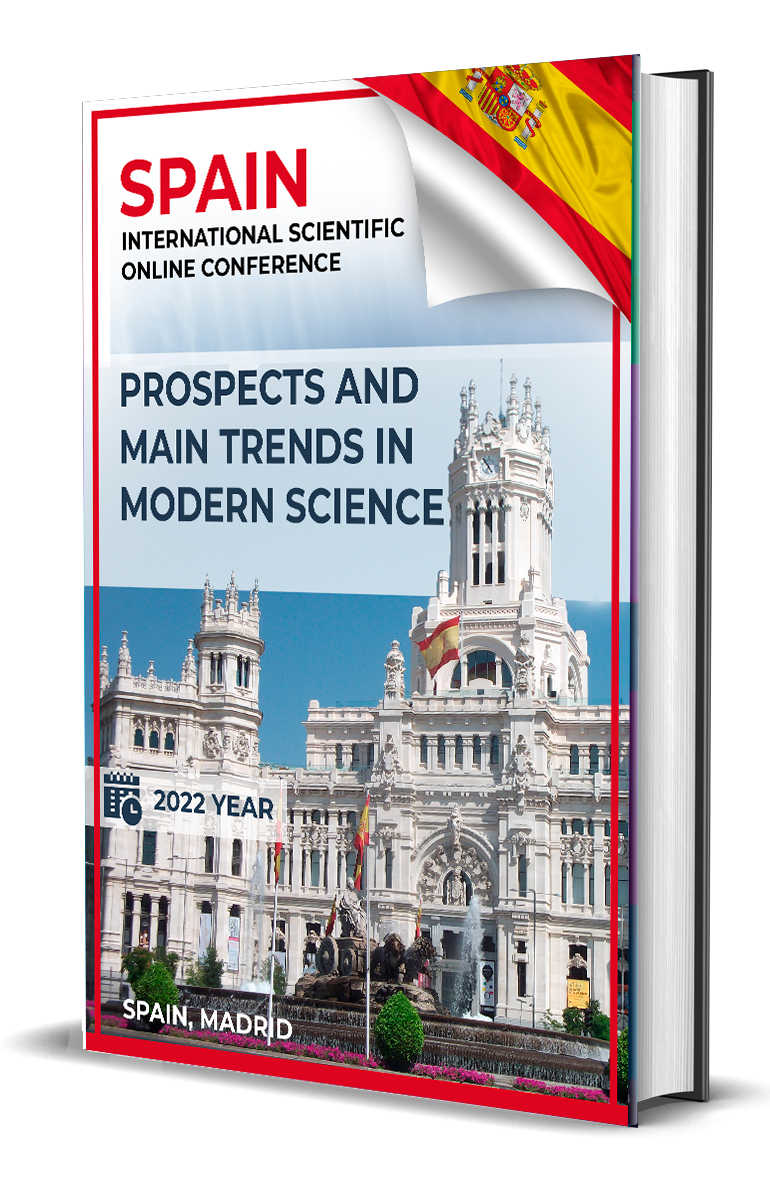SIGNIFICASIGNIFICANCE OF EFFECTIVE TEACHING METHODS IN STUDENT LEARNING AND ENGAGEMENTNCE OF EFFECTIVE TEACHING METHODS IN STUDENT LEARNING AND ENGAGEMENT
Keywords:
teaching, learning style, practice, PBL, method, strategies, experience, skillsAbstract
Effective teaching methods play a crucial role in student learning and engagement. This article explores the significance of employing innovative and student-centered teaching strategies to enhance the educational experience. It examines how various instructional approaches, such as active learning, problem-based learning, and technology-enhanced pedagogy, can positively impact student motivation, knowledge retention, and academic performance. The article delves into the research supporting the correlation between effective teaching methods and improved learning outcomes, highlighting the importance of considering diverse learning styles, fostering collaborative environments, and promoting critical thinking skills. Additionally, it discusses the challenges teachers face in adapting their teaching practices and the professional development opportunities that can empower educators to implement effective teaching methods. By understanding the significance of effective teaching, this article aims to provide insights and practical recommendations for educators to optimize student learning and engagement in the classroom.
Downloads
References
Felder, R. M., & Silverman, L. K. (1988). Learning and teaching styles in engineering education. Engineering education, 78(7), 674-681.
Freeman, S., Eddy, S. L., McDonough, M., Smith, M. K., Okoroafor, N., Jordt, H., & Wenderoth, M. P. (2014). Active learning increases student performance in science, engineering, and mathematics. Proceedings of the National Academy of Sciences, 111(23), 8410-8415.
Hake, R. R. (1998). Interactive-engagement versus traditional methods: A six-thousand-student survey of mechanics test data for introductory physics courses. American journal of Physics, 66(1), 64-74.
Hmelo-Silver, C. E. (2004). Problem-based learning: What and how do students learn? Educational psychology review, 16(3), 235-266.
Kolb, D. A. (1984). Experiential learning: Experience as the source of learning and development. Prentice-Hall.
Lalley, J. P., & Miller, R. H. (2007). The learning pyramid: Does it point teachers in the right direction? Education, 128(1), 64-79.
Strobel, J., & van Barneveld, A. (2009). When is PBL more effective? A meta-synthesis of meta-analyses comparing PBL to conventional classrooms. Interdisciplinary Journal of Problem-based Learning, 3(1), 44-58.





